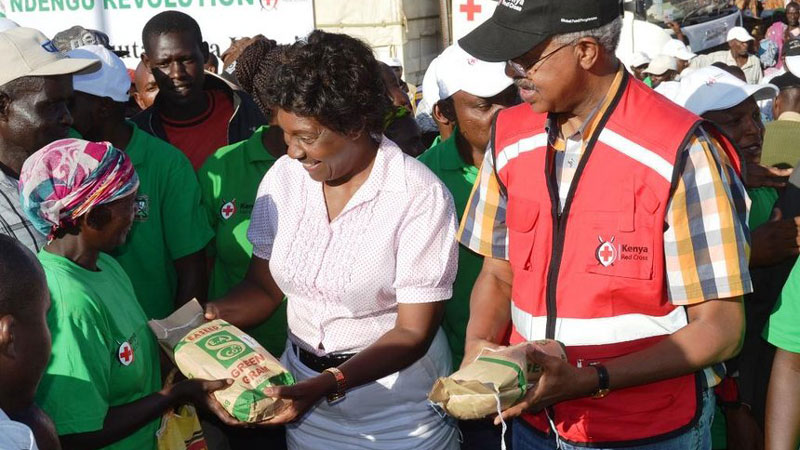×
The Standard e-Paper
Join Thousands Daily

In September 2017, Kitui Governor Charity Ngilu visited the Kenya Red Cross Society (KRCS) seeking a partnership for sustainable development initiatives in her county. Of urgency was her desire to shield Kitui residents from the effects of the 2016-2017 drought through the rehabilitation of critical community water points that had broken down due to over-use, food aid and support for the county's health system.